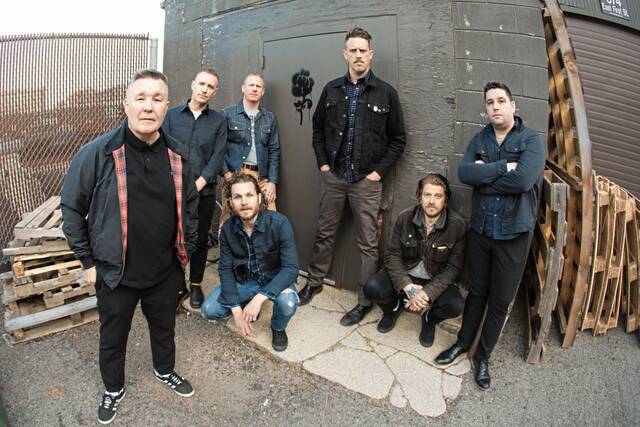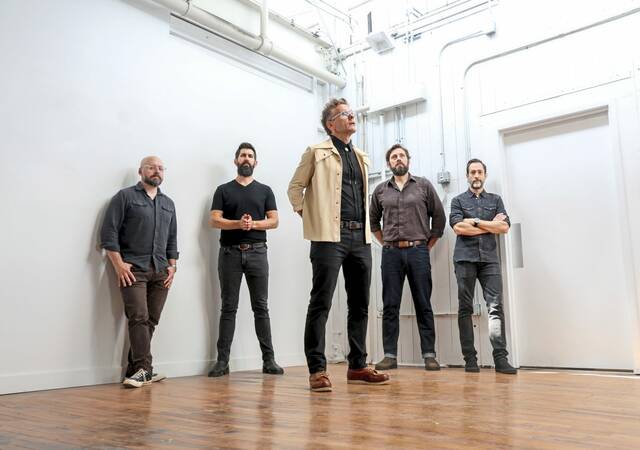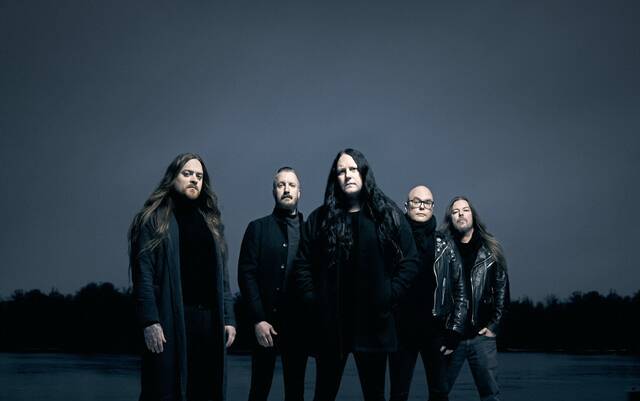In the heart of winter we think longingly of greener days to come.
The next Pittsburgh Symphony Orchestra program will show how music can warm that hope. Esteemed guest conductor Herbert Blomstedt will return to conduct symphonies by two composer who eloquently shared their love for verdant nature.
Blomstedt will conduct the Pittsburgh Symphony Orchestra at Feb. 8 and 10 concerts at Pittsburgh’s Heinz Hall. The program is Ludwig van Beethoven’s Symphony No. 6 (“Pastorale”) and Antonin Dvorak’s Symphony No. 8.
The conductor made his Heinz Hall debut in 1981, and returned many times until he began a very successful tenure as music director of the San Francisco Symphony in 1985. He’s also served as chief or principal conductor of two of Germany’s most venerable orchestras, the Dresden Staatskapelle and the Leipzig Gewandhaus.
Vital force
Now 91, Blomstedt remains a vital force on the podium. Conducting is a profession known for longevity. Pierre Monteux and Leopold Stokowski are two examples of earlier generations of conductors who did great work into their 90s.
“When you get older, you get independent,” says Blomstedt. “At the beginning you still have models (of conducting) before you, and I had good models to imitate and be influenced by. But the older you grow the more you follow only what you find in the score.”
He says the point of departure are the black dots and lines of the score and what they mean musically in how the music is built with motifs and modulations.
The destination is to find out “what these really mean emotionally. What is the emotional background? What did he want to express? What did he feel when he composed this? These are the things you discover more and more with more maturity. At least, that’s my experience and I’m very happy for that,” he ways.
Music of nature
Even amidst the amazing variety of music Beethoven wrote, the “Pastorale” Symphony stands out. Each of the five movements has a title, such as “Scene by the Brook,” but he emphasized his composition was more an expression of feelings than pictorialism. Even so, there are explicitly labeled nightingale, quail and cuckoo bird calls, as well as evocations of thunder and lightning in the short “Storm” movement.
“It is characteristic of Beethoven because he was a nature man,” says Blomstedt. Beethoven lived in Vienna, but “liked being out in nature and often got some of his best ideas while walking in nature. He met God in nature, at least that’s what he said at the end of his life.”
Dvorak’s Eighth Symphony is also a nature work, says Blomstedt. Although the composer lived in Prague in what is now the Czech Republic, Dvorak wrote this symphony while staying in the Bohemian countryside. When Dvorak came to America, his “New World” Symphony was influenced by a visit to a Czech community of farmers in Iowa.
“Music flows out of this composer with endless inspiration” says Blomstedt. This piece “has been attacked as not symphonic enough. But surely it is wonderful music in a new happy way which leaves one with gratitude for so much beauty.”
Mark Kanny is a Tribune-Review contributing writer.








